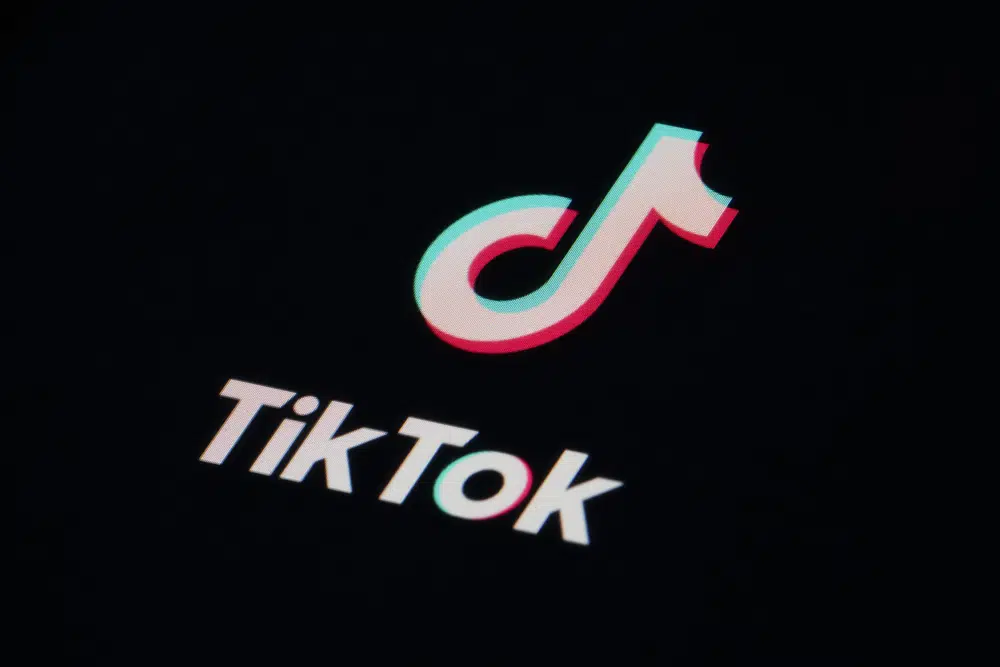We bring news that matters to your inbox, to help you stay informed and entertained.
Terms of Use and Privacy Policy Agreement
WELCOME TO THE FAMILY! Please check your email for confirmation from us.
The lawsuit said the state’s decision to restrict access to TikTok on official devices, as well as on personal devices used to conduct state business, is comprising teaching and research.
NEW YORK (AP) — A First Amendment group sued Texas Governor Greg Abbott and others on Thursday over the state’s TikTok ban on official devices, arguing the prohibition – which extends to public universities – is unconstitutional and impedes academic freedom.
The complaint was filed by The Knight First Amendment Institute at Columbia University, a free speech group in New York that’s suing on behalf a coalition of academics and researchers who study technology’s impact on society.
The lawsuit said the state’s decision to restrict access to TikTok on official devices, as well as on personal devices used to conduct state business, is comprising teaching and research. And more specifically, it said it was “seriously impeding” faculty pursuing research into the app – including research that could illuminate or counter concerns about TikTok.
Critics of TikTok have claimed the popular social media app, owned by Chinese parent company ByteDance, could push pro-Beijing propaganda on its platform or hand U.S. user data over to the Chinese government if compelled under the country’s national intelligence laws.
TikTok has long maintained it hasn’t handed over any U.S. data to the Chinese government and says it wouldn’t do so if asked. To fend off the accusations, the company is overseeing a project to store U.S. user data on servers maintained by the software giant Oracle. But the scrutiny hasn’t diminished.
Congress, the White House and other Western governments have banned TikTok use on official devices, citing espionage fears.
Texas implemented its own ban in December as a flurry of similar prohibitions were being put in place by dozens of states and several universities across the country. In June, Abbott signed legislation that codified the ban, which was first issued as an executive order.
In an interview, Jameel Jaffer, the Knight Institute’s executive director, said the group decided to sue Texas after speaking to different professors in the state who’ve been affected by the ban.
The complaint, filed in U.S. District Court for the Western District of Texas, cites one professor, Jacqueline Vickery, who has had to suspend or alter her research projects as a result of the ban. The lawsuit said the ban also precludes Vickery, a professor at the University of North Texas, from assigning students in-class work that requires them to access TikTok or pulling up certain videos for reference during class discussions.
University administrators have told Vickery that her applications for an exception will not be considered, according to the lawsuit, which also lists the school system’s chancellor and members of the board of regents as defendants.
“Concerns about data collection and disinformation on social media platforms, including TikTok, are legitimate concerns,” Jaffer said. “The question is whether this kind of ban is a sensible or constitutional response to those concerns. And it’s not.”
Jaffer said the group also sees the lawsuit as an opportunity to push back against larger efforts in Texas “to curtail academic freedom,” pointing to efforts to by state lawmakers to restrict tenure for university professors. Last month, Abbott also signed a bill that bans diversity, equity and inclusion (DEI) offices at public colleges and universities.
The coalition group of researchers is asking the court to declare the ban a violation of the First Amendment for university faculty seeking access to TikTok for research and teaching, and provide exemptions for its members.
A spokesperson for the governor’s office did not immediately reply for a request for comment.
TheGrio is FREE on your TV via Apple TV, Amazon Fire, Roku, and Android TV. Please download theGrio mobile apps today!

